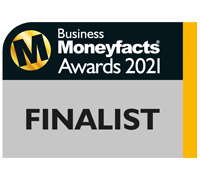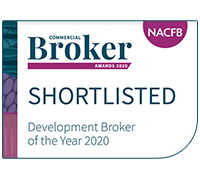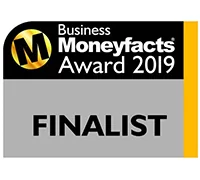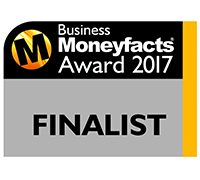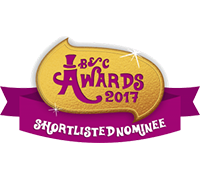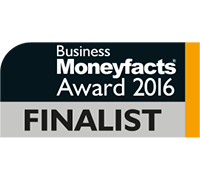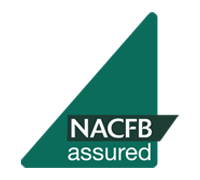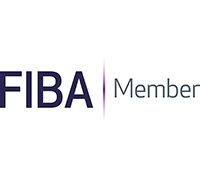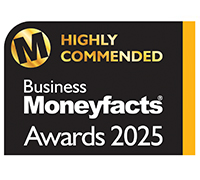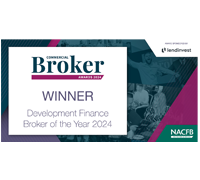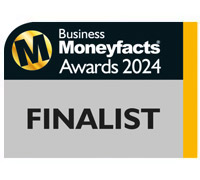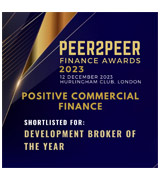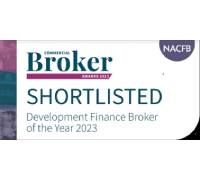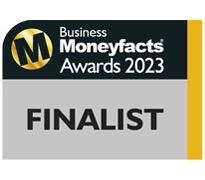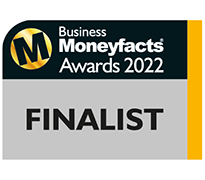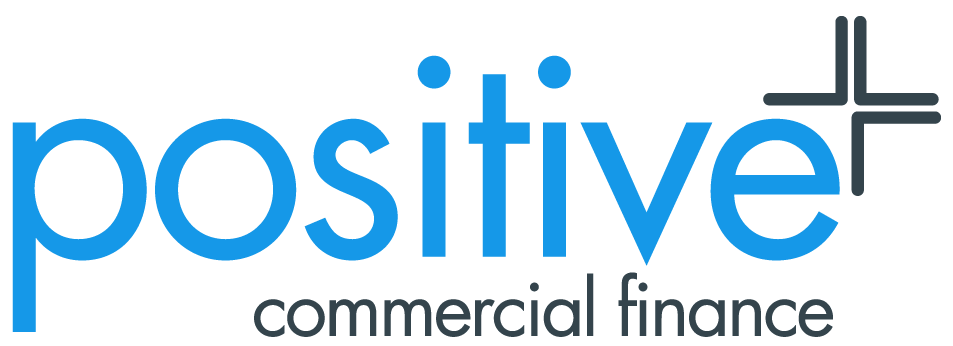Apply Online
Short Lease Mortgages
When choosing to purchase a leasehold property, the length of the lease can affect the process and which lenders choose to work with you.
What is a Short Lease mortgage?
A lease refers to the period of time that you own a property when it sits on land owned by someone else (a freeholder).
The property will, therefore, return to the freeholder at the end of the lease term, unless it’s extended. Leases are usually used on flats but they can also apply to houses.
Short lease mortgages apply to properties that are deemed to qualify as having a short lease.
Typically, lenders will consider a property with 70 years of lease remaining or less as a short lease but this varies from lender to lender. Some will consider mortgages for properties with leases as little as 11 years.
Advantages of leasehold property
Although you won’t have any outright ownership of the land, there are still advantages to be reaped by choosing to purchase a leasehold property:
- Leaseholds are typically less expensive as they don’t need money towards land acquisition like a freehold
- Generally fewer responsibilities for repairs and maintenance
- Leaseholds are a good way to get on the property ladder more easily. You can make home improvements and sell your property without being tied to the land
- There may be options to be the sole owner of the property through enfranchisement or share of the freehold
Disadvantages of buying a leasehold property
While leasehold properties have advantages for the right buyer, there are still a number of disadvantages to choosing leasehold over freehold:
- You will need to approach your landlord (freeholder) to extend your lease when it expires. The landlord is under no obligation to do so, meaning you risk losing your rights to the property.
- Your landlord has control over the amount of service charge cost you’ll be required to pay for the like of keeping communal areas running etc.
- Leasing a property may come with stipulations that you’ll be forced to adhere to, such as no pets allowed.
Buying a property with a short lease
When buying a flat with a short lease, it’s important to make sure that the price you pay reflects the remaining length of the lease — it’s even worthwhile to negotiate a discount on the asking price of a property if you know that it has a lease of fewer than 80 years remaining.
The reason for this is that it is notoriously troublesome for buyers to find highstreet lenders that will consider lending towards mortgages for short lease properties. This is because the value of the property will greater decline the closer it is to reaching the end of its lease period.
Thankfully, some of the mainstream lenders will lend to buyers as long as the lease retains at least 35 years after the mortgage period ends. For example, you could get a 5-year mortgage on a property with a 40-year lease.
How does short term lease lending work?
Choosing a short term lease property means that, inevitably, you’ll find yourself in need of extending the lease. It’s better to extend the lease as soon as you’re able as it becomes more expensive over time as your current lease and the value of the property decreases. There are two ways in which you can approach this:
- You may apply for a lease extension once you have owned the property for at least two years.
- Your lender may exercise their right to request a longer lease when you originally purchase the property.
When taking the latter approach, your lender will instruct a ‘panel valuer’ who will then value the property in question based on its current short lease and based on a new long lease. A mortgage offer will then be based against the long lease valuation with the condition that, once funds are released, the lender will put in place the new, longer lease.
Extending a short term lease can be an expensive situation, particularly if there are only a few years remaining. As there are too many variables to consider to make an accurate estimate on how much it will cost you, you’ll need to speak to experts to help you calculate the costs and see if it’s a viable option. Get in touch with our team of specialists at Positive Commercial Finance and we’ll work closely with you to find the right deal for you and your property.
What is a leasehold agreement?
A leasehold agreement is what allows the buyer of a leasehold property to use the land of the freeholder. Leasehold agreements will usually come with an annual ground rent to pay along with a service charge for things like building insurance and keeping communal spaces operational. A leasehold agreement may also contain specific rules that must be followed i.e. no pets allowed in the property.
How much does it cost to extend a lease?
The final rate to extend the length of a lease on a property depends on a number of figures including the length of your current lease, the valuation of the property and how many years you’re looking to extend the lease by.
What is a statutory lease extension?
A statutory lease extension gives leaseholders the ability to increase their current lease by a further 90 years. A current lease of 70 years, for example, would be extended to 160 years.
What does leasehold mean when buying a house?
Leaseholds generally apply to the purchasing of flats, however, in some cases, they may also refer to house sales. In these situations, you’ll act as a freeholder in exactly the same way as if the property was a flat, owning the property until the end of your lease but not the land.
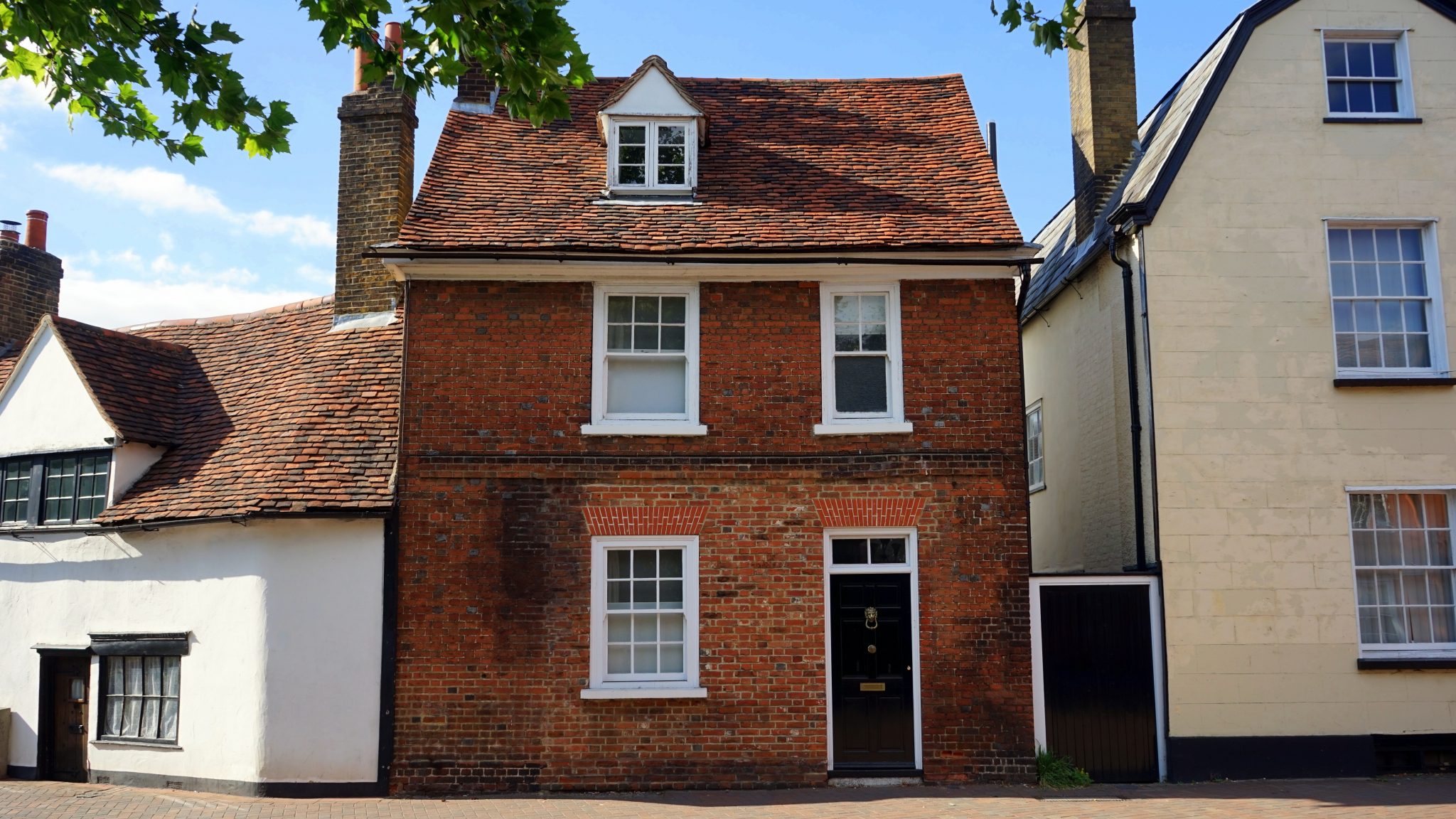
Short Lease Mortgage Calculator
Other Mortgages Product Types
Quick Enquiry
